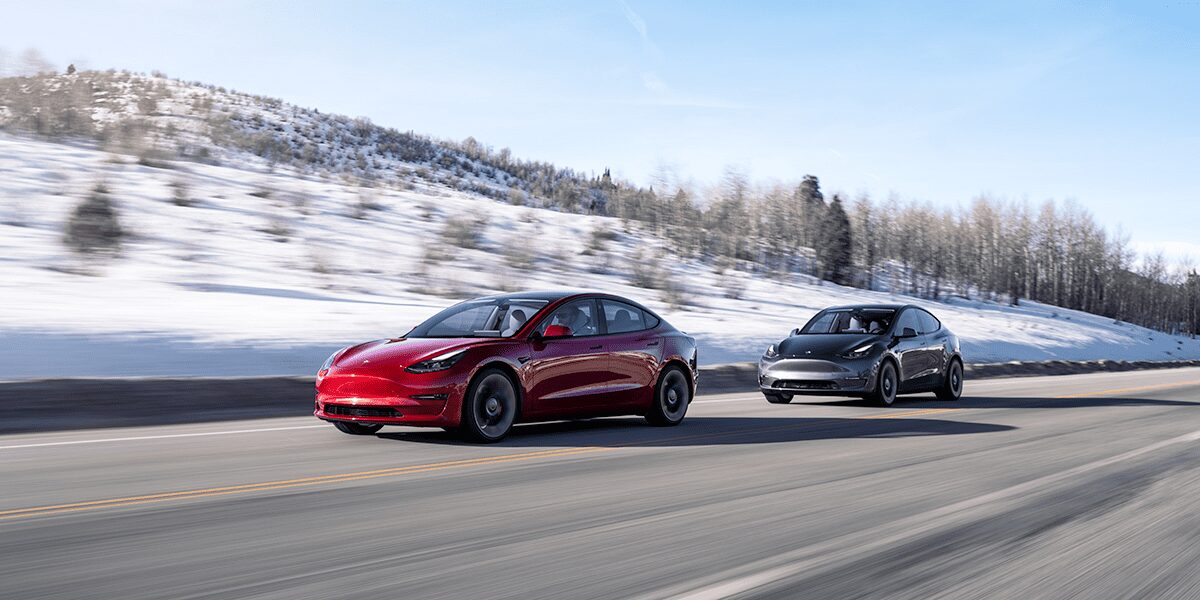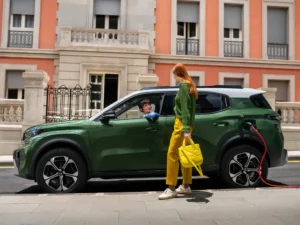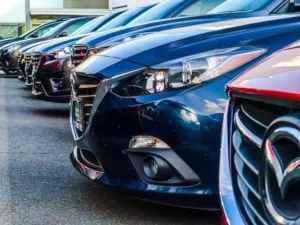Norway has been the leading market for electric vehicles in terms of EV market share by some margin with a number of progressive incentive programs.
As more and more European counties plan to ban ICE power by 2030 or 2035, Norway is pushing ahead with a bold plan t complete the transition to 100% EVs by 2025. We have reported on this progress before and it now looks more and more lightly that Norway will achieve this goal.
The results this year have been nothing short of stunning, with the December numbers released recently being no exception and showing data for the whole of 2022. The share of battery electric vehicles (BEV) sold rose to 79.3% of all new cars in 2022 from 65% in 2021, up from 2.9% a decade ago, the Norwegian Road Federation (OFV) said.
The Tesla Model Y was the single most popular model of the year, ahead of Volkswagen’s electric ID.4 in second place, and Skoda Enyaq in third.
EVs – Close to 80%
US automaker Tesla sold more cars than any other brand for a second consecutive year.
A big part of this year’s growth is due to Tesla’s Model Y, which is having an incredible year in Norway.
The electric SUV has now even beat the record for the most car sold in a year in the country. It was held by the VW Beetle in 1969, with 16,709 units delivered.
Today, the Model Y has beat that record with 16,748 units registered year-to-date, according to several online trackers. Norway is in stark contrast to the rest of the EC where EV sales are running at 8.6% of new cars.
2023 all change?
The Norwegian success story is first and foremost due to a substantial package of government incentives developed to stimulate zero-emission vehicle sales.
The most significant is the exemption of purchase taxes, making BEVs considerably more attractive and affordable than ICEs.
From 2023, Norway will implement a 25 percent VAT on the purchase price from 500 000 Norwegian Kroner and over. Additionally for all EVs, a new weight tax will come into play.
We cannot foresee how these new EV taxations will affect EV sales





